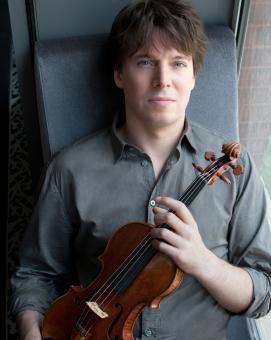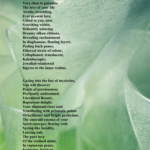How to cope with the stress of student life
My daughter has revised hard and is expected to achieve excellent A-level grades. But over the past few weeks she has become increasingly worried and anxious about going away to university and what may be expected of her. This is a time when she should be looking forward to her future but instead she is locking herself in her room and becoming very depressed. What can I do?
I’m assuming this depression is an isolated condition for your daughter, not an ongoing problem. As a young adult, about to begin life away from home, your daughter will have natural anxieties about leaving and becoming independent.
You say she “should” be looking forward to her future; however, this is a time of great change and uncertainty, and her anxiety is probably based on her holding unrealistic expectations of herself, coupled with high expectations she feels others have of her. Acknowledging and encouraging her to explore these feelings often allows them to evaporate.
Humour, patience and open communications are vital. Since she is focusing on the possible downside of going to university, help her begin anticipating positively, perhaps planning trips to buy new clothes/equipment, and gently reminding her that, initially, universities expect freshers to be nervous and uncertain.
This is a major life transition, and even outwardly confident students will have underlying concerns including:
“Will anyone like me?”
“Will I be able to cope with the work/finances/social life?”
Essentially, everyone is in the same boat, and once your daughter realises she is not alone in her fears, they will rapidly diminish. Reassure her that you will still be there for support, if wanted, and that emails, texts and phone calls will keep her in touch with friends and family.
Talking to students already settled at university, together with some online research would also help. Listed below are resources.
http://www.thesite.org/workandstudy/studying/studentlife/studentstress
http://www.mind.org.uk/help/diagnoses_and_conditions/stress_of_student_life
http://www.studentdepression.org/stress_anxiety_and_anger.php
http://www.nhs.uk/Conditions/stress-anxiety-depression/Pages/Coping-with-exam-stress.aspx
© Christine Miller M.A. Author, Mentor Coach & Counsellor






